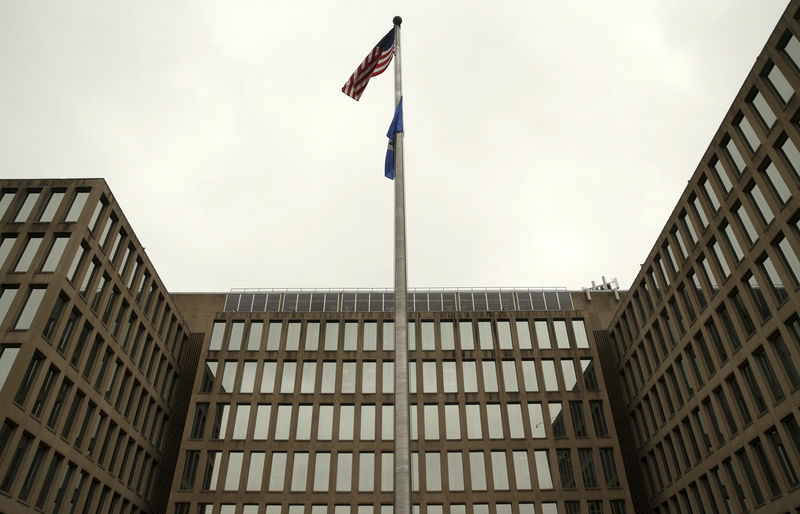By Patricia Zengerle
WASHINGTON (Reuters) - Members of the U.S. Senate Intelligence Committee said on Wednesday that a massive theft of data last week from U.S. government computers appears to have been state-sponsored, although they stopped short of pointing the finger at China.
The breach of Office of Personnel Management (OPM) computers was disclosed on Thursday by the Obama administration, which said records of up to 4 million current and former federal employees may have been compromised.
Asked by reporters on a conference call if the cyber attack appeared to be state-sponsored, rather than a criminal event, Senator Angus King said, "It appears to be so, but I'm qualifying that because I don't have the data at this time."
King, a Maine independent who caucuses with Senate Democrats, said, "I'm going to let the administration be the people that give you the confirmation on that." He added that the intelligence panel had a classified briefing on the OPM hack on Tuesday.
Democratic Senator Mark Warner, also a committee member, said he would "concur with" King.
Accusations by U.S. government sources of a Chinese role in the cyber attack, including possible state sponsorship, could further strain ties between Washington and Beijing. Tensions are already heightened over Chinese assertiveness in pursuit of territorial claims in the South China Sea.
King and Warner held the call to push lawmakers to grant OPM's request for $32 million in additional funds, much of it for information technology upgrades.
"We need to very much strengthen our cybersecurity protections," Warner said. "This is an attack on America."
The senators spoke as Democrats and Republicans argued over how to deal with mandatory spending limits as they formulate this year's spending and tax legislation.
Republicans want to use special war funding to exempt the Department of Defense from many of the mandatory "sequestration" budget caps. Democrats argue that cybersecurity and other programs should also be spared.
King and Warner said they disagreed with a decision by the Senate's Republican leaders to include a cybersecurity bill already passed by the House as an amendment to the National Defense Authorization Act, a defense policy bill that Obama has threatened to veto.
"The bill ought to come up on its own and attaching it to the defense authorization is a mistake," King said.

Corporations have been clamoring for Congress to address cybersecurity after high-profile attacks on companies, as well as attacks on government systems.